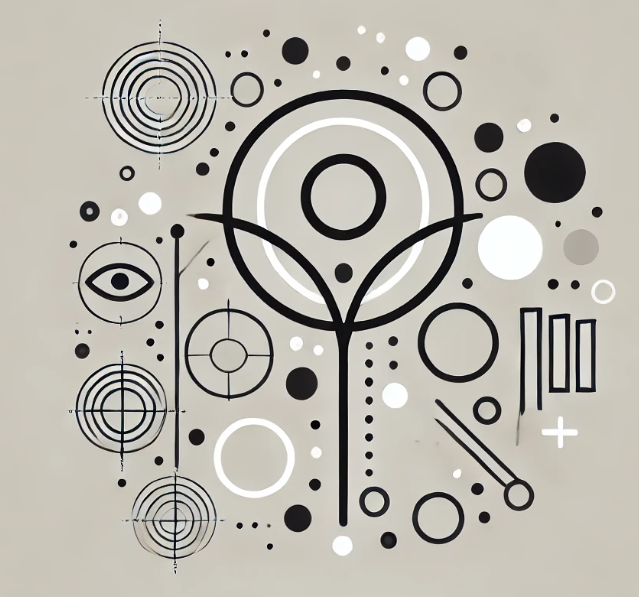In the timeless realm of classic literature, narratives unfold, revealing profound insights into the intricacies of leadership, uprising, social structure, and principles. As we delve into the pages of age-old books, we discover echoes that resonate with the essence of human existence, offering lessons that transcend time and continue to shape our understanding of these fundamental aspects of society.
Leadership: A Tapestry of Influence
At the heart of the literary canon lies the epic tale of “The Iliad,” where the legendary Achilles strides across the battlefield, a beacon of leadership among the warriors of ancient Greece. Achilles embodies not only martial prowess but also the charisma and commitment essential to effective leadership. His story serves as a testament to the transformative power of leading with purpose and inspiring others toward a common goal.
Leadership, as illuminated by Achilles, is not confined to the realm of strategy and might. It is a responsibility to guide, inspire, and elevate the collective spirit of a community. The lessons from his narrative challenge us to reflect on the qualities that define true leadership and their enduring impact on the destinies of nations.
Uprising: Catalysts for Change
In Charles Dickens’ “A Tale of Two Cities,” the French Revolution unfolds against the backdrop of societal upheaval. The character of Sydney Carton, through his poignant sacrifice, symbolizes the potential for individual actions to catalyze revolutions. Uprisings, as depicted in this tale, are not mere rebellions but powerful expressions of collective yearning for justice and freedom.
The lessons from the French Revolution transcend the pages of history, urging us to question oppressive systems and champion the cause of societal change. Dickens’ narrative prompts reflection on the role of individual agency in sparking revolutions and the enduring impact of collective endeavors toward justice.
Social Structure: Threads of Connection
In Jane Austen’s “Pride and Prejudice,” the English countryside becomes a microcosm of societal intricacies. Austen meticulously dissects the rigid social structure of the time, exposing the constraints imposed by class distinctions and societal expectations. The characters navigate this intricate web, revealing the delicate dance of relationships and the consequences of societal norms.
The exploration of social structure in literature serves as a mirror reflecting the norms and inequalities of the time. Austen’s keen observations compel us to scrutinize the social dynamics that shape our own communities, prompting a thoughtful examination of the structures that bind us together.
Principles: Foundations of Integrity
Turning to the ancient Indian scripture, the Bhagavad Gita, we encounter a profound discourse between Lord Krishna and Arjuna. Amidst the chaos of war, the concept of Dharma emerges as a guiding principle, emphasizing the righteous duty and the importance of adhering to ethical principles even in adversity. The Gita imparts timeless lessons that transcend cultural and temporal boundaries.
Principles, as elucidated in ancient scriptures, provide the bedrock upon which leadership is built. Whether in the moral dilemmas faced by Arjuna or the broader context of human existence, the call for adherence to principles remains unwavering, urging humanity toward a path of integrity and ethical conduct.
Conclusion: A Tapestry Woven with Wisdom
In the labyrinth of human experience, the wisdom gleaned from classic literature serves as a guiding light, illuminating our understanding of leadership, uprising, social structure, and principles. As we draw inspiration from the tales of Achilles, reflect on the sacrifices of Sydney Carton, navigate the societal intricacies of Austen’s England, and internalize the principles of the Bhagavad Gita, we equip ourselves to face the complexities of our own time.
In the dialogue between literature and life, these timeless elements form a dynamic interplay, shaping our collective destiny. The echoes from classic literature challenge us to aspire to nobility in leadership, embrace the potential for positive change in uprisings, strive for inclusive social structures, and uphold the principles that define our integrity. It is through the narratives of the past that we chart a course toward a more enlightened and harmonious future.





